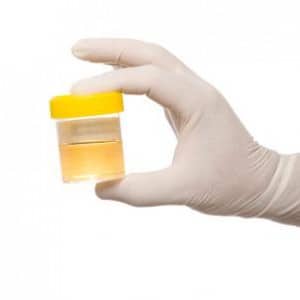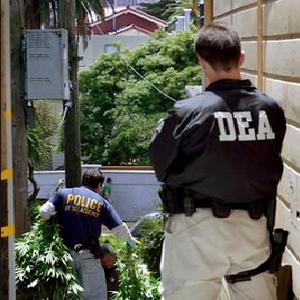Awash in a whirlpool of proposals to subject welfare recipients to drug tests, legislators in two states, Missouri and Tennessee, are proposing that legislators themselves should undergo drug tests. In Missouri, a welfare drug testing bill was signed into law last year, while in Tennessee, a plethora of drug testing bills are currently before the legislature.
They are only two of about three dozen states that have seen drug testing bills aimed at welfare recipients, recipients of unemployment benefits introduced in the past year. But they are among the first to see the push expand to target legislators.
In Missouri, Rep. Rick Brattin (R-Harrisonville) has introduced House Bill 1225, which would require members of the General Assembly to undergo random, suspicionless drug testing at their own expense during the legislative session. Members who test positive for illegal drugs or drugs not lawfully prescribed would be immediately removed from office and barred from seeking elected office again for two years.
“Hardworking taxpayers don’t want their money to be subsidizing other people’s drug use,” said Rep. Ellen Brandom (R-Sikeson) last year, explaining her push to test welfare recipients.
What’s good for the goose is good for the gander, said Rep. Brattin. “I think we should live by the same standard we are asking others to live by,” he told the Kansas City Star. “Our salaries are paid by taxpayers, so we should assure them we aren’t using that money on drugs.”
The bill has been assigned to the House General Laws Committee, but it has not yet been scheduled for a public hearing.
Meanwhile, across the Mississippi River in Tennessee, two Democratic legislators, state Rep. Johnny Shaw and state Sen. Reginald Tate, are backing a bill, House Bill 2433 and its Senate companion bill, SB 3524, which would require the speaker of each chamber of the general assembly to develop and implement a drug testing program for legislators and staff.
Under the bills, state legislators and staff would be subjected to random, suspicionless testing for drugs and alcohol. A positive test result or a failure to take the test would be referred to the leadership of the chamber for disciplinary action.
They said the bill was in response to numerous Republican bills calling for drug testing for welfare recipients, workman’s compensation recipients, state employees, private sector employees, and even making it a crime (“internal possession”) to fail a drug test.
“I don’t think lawmakers should ever vote to make any laws they don’t first and foremost abide by,” Shaw told the Associated Press. “My question is, what lawmaker would not vote for it?”
House Majority Leader Gerald McCormick (R-Chattanooga) might be one. He told the AP drug testing legislators wasn’t his highest priority. “Most people would like to see people who don’t work for their government paychecks to get tested first,” he said.
The bills to drug test politicians make for good statehouse politics, but even if they were to pass, they are probably doomed. In a 1997 decision, Chandler v. Miller, the US Supreme Court threw out a Georgia law requiring drug tests for elected officials, saying it violated the Fourth Amendment’s proscription against warrantless searches.
Article From StoptheDrugWar.org — Creative Commons Licensing








